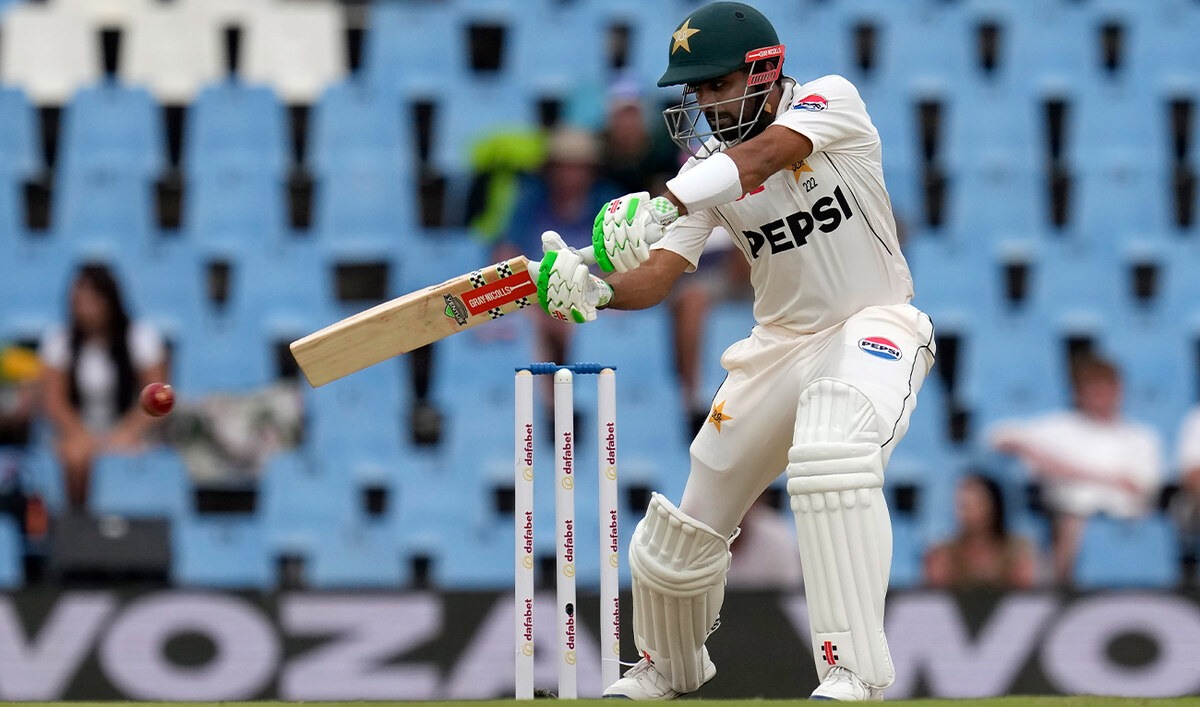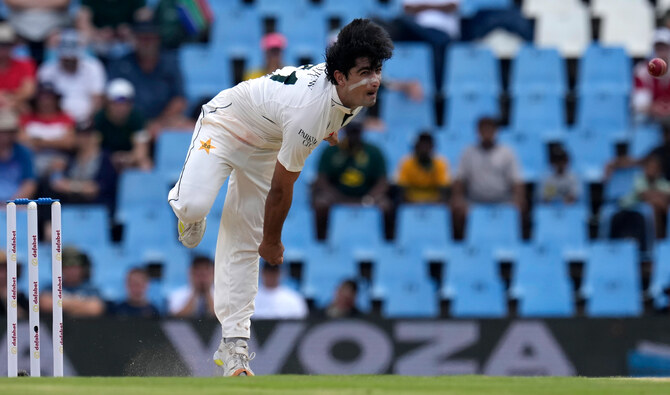KARACHI: Only a day after increasing the power tariff by up to Rs2.97 per unit, Pakistan’s federal cabinet on Tuesday approved a plan to provide a relief of up to Rs7 per unit on the consumption of additional electricity in winter.
Power consumption in cold weather usually declines in Pakistan due to lower electricity demand as compared to summer when people in large numbers begin to use air conditioners and other cooling devices.
The seasonal electricity package is likely to incentivize the use of surplus power, mainly generated in winter, while minimizing gas usage in the country.
“The cabinet has approved the seasonal electricity package,” announced the country’s energy minister Hammad Azhar in a Twitter post after Prime Minister Imran Khan chaired the cabinet meeting in Islamabad on Tuesday. “Any additional electricity consumed by domestic and commercial consumers during nov-feb period compared to same time previous year will have a discount of Rs 5 to 7 per each unit.”
The National Electric Power Regulatory Authority (NEPRA) on Monday increased per unit electricity tariff by up to Rs2.97, saying it was applicable from October 2021 and would be charged by power distribution companies under the quarterly tariff adjustment for a period of one year.
The notification announced that the consumers utilizing less than 300 units per months would not be affected by the rise in tariffs. Besides, K-Electric would also be exempted from the decision.
However, NEPRA officials said the net incremental increase would be just 3 paisa per unit. “The incremental increase would be 3 paisa that would result in net additional collection of Rs3 billion revenue,” a senior NEPRA official told Arab News on condition of antonymy as he was not authorized to speak to the media.
Analyst also agreed with NEPRA officials, saying the net impact would be minimal since nearly 80 percent consumers were utilizing less than 300 units per months.
“There’s an increase of up to Rs2.97 for certain categories. But weighted average increase would be very minimal due to a large number of consumers using less than 300 units,” Samiullah Tariq, director research at the Pakistan-Kuwait Investment, said. “The fresh tariff hike is also likely to help improve the power sector liquidity.”



















